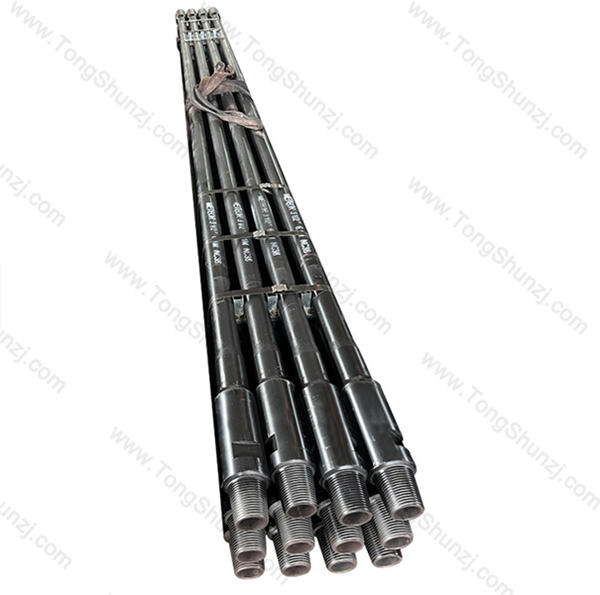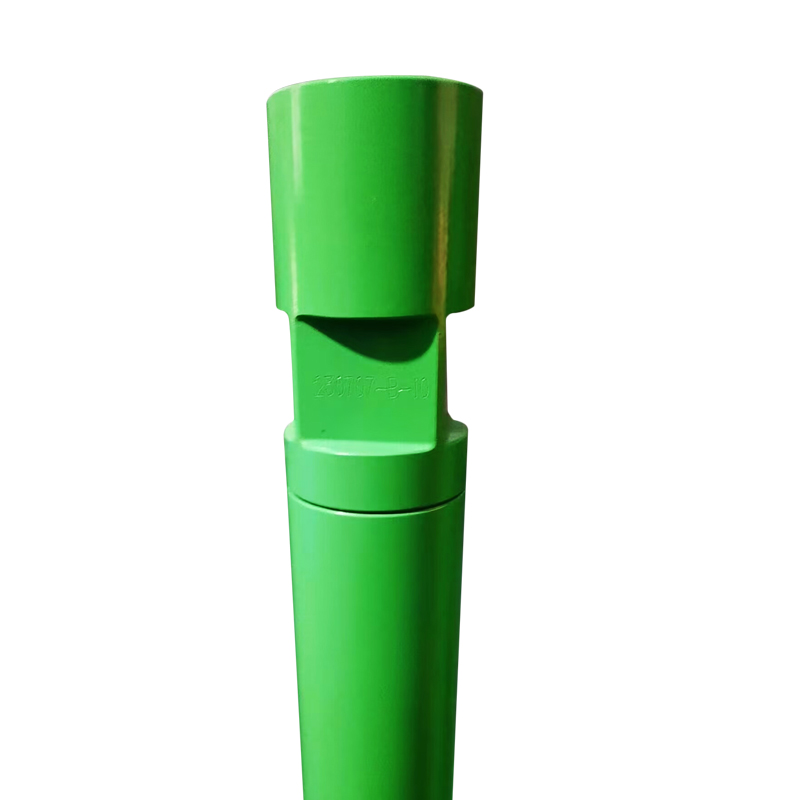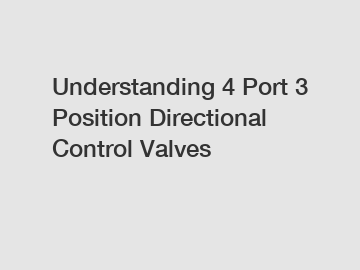Understanding the Difference: Workover Rig vs Drilling Rig
In the realm of oil and gas extraction, two essential pieces of equipment play pivotal roles: the Workover Rig and Drilling Rig. While they both operate within the same industry, their functions, purposes, and methodologies starkly differ. Understanding these disparities is crucial for professionals and enthusiasts alike in comprehending the nuances of oil and gas exploration and production.

Workover Rig: Unveiling its Purpose and Operation
Workover Rigs also referred to as servicing rigs or completion rigs, are integral components in the maintenance and enhancement of existing oil and gas wells. Unlike drilling rigs, which bore new wells, workover rigs are deployed to perform a myriad of tasks on already drilled wells.
Key Functions of Workover Rigs:
Well Maintenance: Workover rigs are primarily employed for routine maintenance activities such as cleaning, perforating, or repairing wellbores to optimize production and prolong the lifespan of wells.
Well Intervention: In instances where wells encounter issues such as mechanical failures or decreased production rates, workover rigs are mobilized for intervention operations. These may involve remedial cementing, tubing replacement, or stimulation treatments to revitalize well performance.
Enhanced Recovery: Workover rigs facilitate enhanced oil recovery (EOR) techniques by implementing secondary and tertiary recovery methods such as water flooding or chemical injection to extract remaining hydrocarbons from reservoirs.
Drilling Rig: Exploring its Significance and Methodologies
Contrary to workover rigs, Drilling Rigs are instrumental in the initial phase of oil and gas extraction, wherein they bore wells into subsurface formations in search of hydrocarbon reservoirs.
Primary Functions of Drilling Rigs:
Well Drilling: Drilling rigs are adept at piercing through various geological formations to reach potential reservoirs of oil and gas. This process involves the utilization of rotary drilling techniques coupled with drill bits designed to penetrate rock layers.
Formation Evaluation: Throughout the drilling process, specialized tools such as mud logging units and wireline instruments are employed to assess the geological formations encountered, providing valuable data regarding reservoir properties and hydrocarbon presence.
Casing Installation: Upon reaching target depths, drilling rigs facilitate the installation of casing strings, which serve as structural reinforcements for the wellbore and prevent collapse while also providing avenues for production and well control.
Differentiating Factors: Workover Rig vs Drilling Rig
While both Workover Rigs and Drilling Rigs contribute significantly to the oil and gas industry, several differentiating factors set them apart:
Operational Focus: Workover rigs concentrate on enhancing the productivity and longevity of existing wells, whereas drilling rigs are primarily engaged in the exploration and initial development of new wells.
Equipment Configuration: Workover rigs are equipped with specialized tools and components tailored for intervention and maintenance activities, while drilling rigs are outfitted with machinery optimized for borehole creation and formation evaluation.
Resource Allocation: The deployment of workover rigs is often contingent upon the operational requirements of existing wells, whereas drilling rigs necessitate meticulous planning and resource allocation for exploratory drilling campaigns.
In conclusion, while Workover Rigs and Drilling Rigs are indispensable assets within the oil and gas sector, their roles, functions, and methodologies diverge significantly. By grasping the distinctions between these two apparatuses, industry professionals can better navigate the complexities of hydrocarbon extraction operations.
Related Articles









Comments